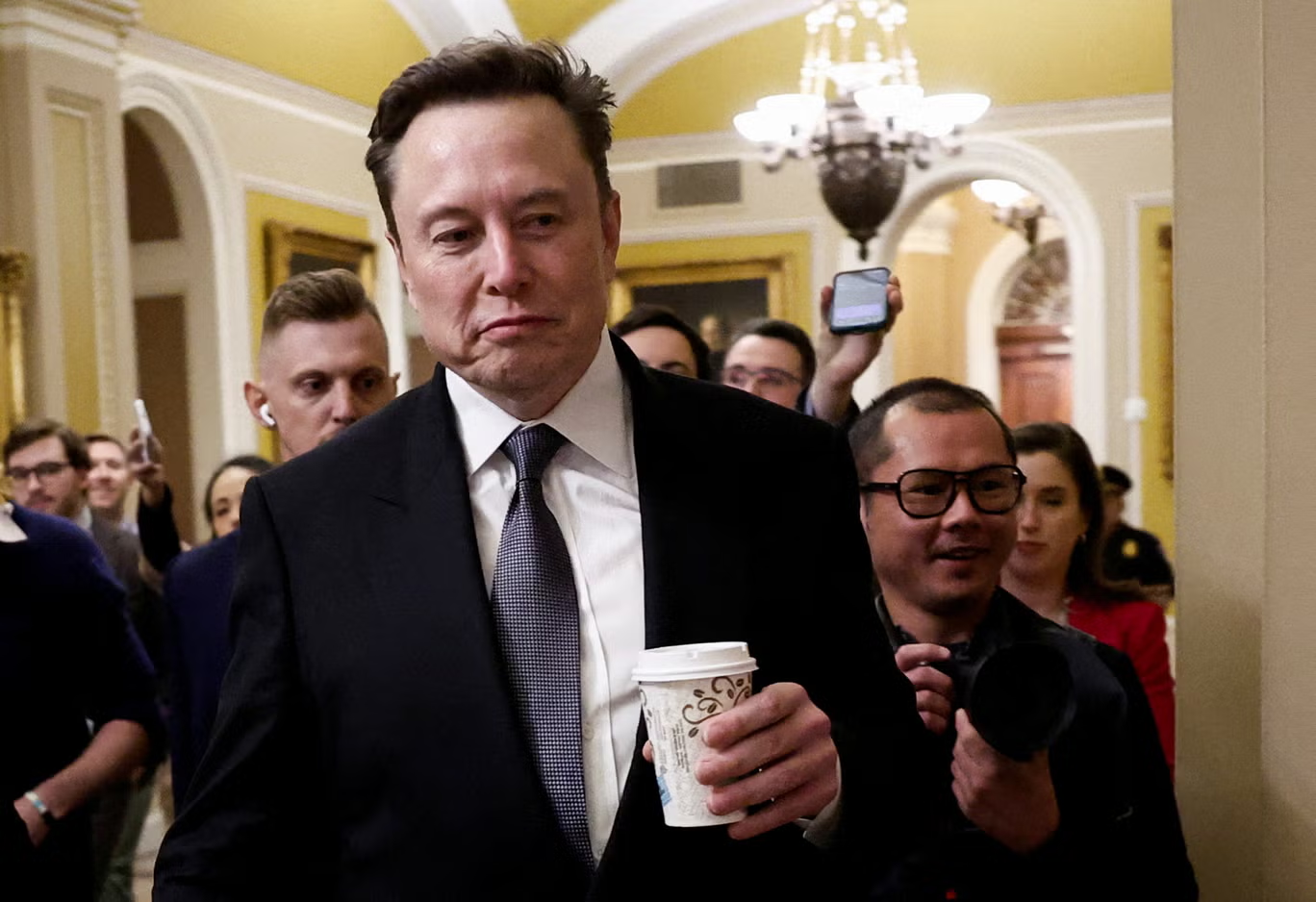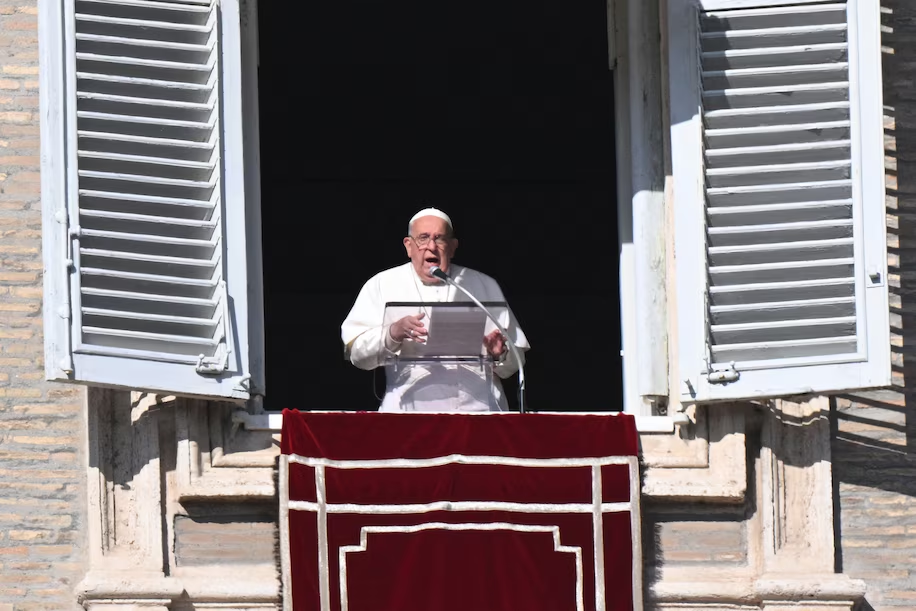Pontiff Demands Answers Amid Gaza Tragedy
Pope Francis has urged an investigation into whether Israel’s military actions in Gaza meet the definition of genocide. His remarks, published in excerpts from a forthcoming book, signal his most direct criticism of the ongoing conflict.
This marks the first time the pope has publicly suggested examining the legal basis for genocide allegations, sparking sharp reactions globally.
First Public Use of “Genocide”
In an interview for the book Hope Never Disappoints: Pilgrims Toward a Better World, Pope Francis stated that experts believe Gaza’s situation shares characteristics of genocide. He emphasized the need for a thorough investigation to assess whether these events meet the legal definition.
Privately, Francis has reportedly described the situation as genocide before. However, this public acknowledgment intensifies scrutiny of Israel’s operations.
Israeli Response: Defense or Deflection?
Yaron Sideman, Israel’s designated ambassador to the Vatican, rejected the pope’s suggestion. Referring to the October 7, 2023, attack by Hamas, he wrote, “There was a genocidal massacre of Israeli citizens, and Israel has since exercised its right to self-defense.”
The Israeli government maintains that its actions target Hamas, not civilians, citing the militant group’s initial attack, which killed over 1,200 people.
Gaza’s Humanitarian Crisis
The Gaza Strip has suffered deeply. Over 43,000 Palestinians have died during the conflict, according to local health officials. Yet, these numbers fail to distinguish between combatants and civilians, complicating the narrative.
The humanitarian situation worsens daily. Gaza’s population of 2.2 million faces repeated displacement, decimated infrastructure, and collapsing healthcare systems. Northern Gaza endures extreme conditions, with aid agencies describing the situation as “apocalyptic.”
Legal and International Perspectives
The 1948 Genocide Convention defines genocide as acts intended to destroy, wholly or partially, a national, racial, ethnic, or religious group. These acts include killing, inflicting harm, and creating intolerable living conditions.
In December, South Africa accused Israel of “genocidal actions” against Palestinians in Gaza, filing a case with the International Court of Justice (ICJ). The court ordered Israel in January to reduce civilian deaths and provide aid to Gaza. However, this did not constitute a verdict on genocide, a process that could take years.
Pope’s Past Comments on Gaza
Pope Francis has previously condemned the conflict’s toll on civilians. In November, he labeled the crisis “terrorism,” suggesting Israel’s response equated to “terror with terror.” This drew criticism from Jewish groups who viewed his remarks as overly sympathetic to Palestinians.
During private meetings, Francis reportedly used the term “genocide” in conversations with Palestinian groups. The Vatican initially downplayed these reports, neither confirming nor denying his choice of words.
Mixed Reactions to the Pope’s Stance
Supporters argue that Pope Francis’s call for investigation reflects his commitment to human rights. They believe his moral authority could pressure world leaders to address Gaza’s suffering.
Critics, however, accuse the pontiff of undermining Israel’s right to defend itself. They argue his comments oversimplify a complex conflict and ignore Hamas’s role in escalating violence.
The Broader Implications
The pope’s remarks add weight to calls for accountability in Gaza. They also highlight growing divisions in international opinion on the conflict.
Whether this investigation moves forward depends on global leaders and organizations. However, the question remains: how will justice be served in a conflict that continues to devastate millions?
A Moral Challenge
Pope Francis has taken a bold step, challenging the world to confront the grim realities of the Gaza conflict. His words bring renewed focus to the plight of civilians caught in the crossfire.
As Gaza’s crisis deepens, the international community faces a moral imperative: to determine whether the events unfolding meet the definition of genocide—and, more importantly, to ensure accountability for all sides.











